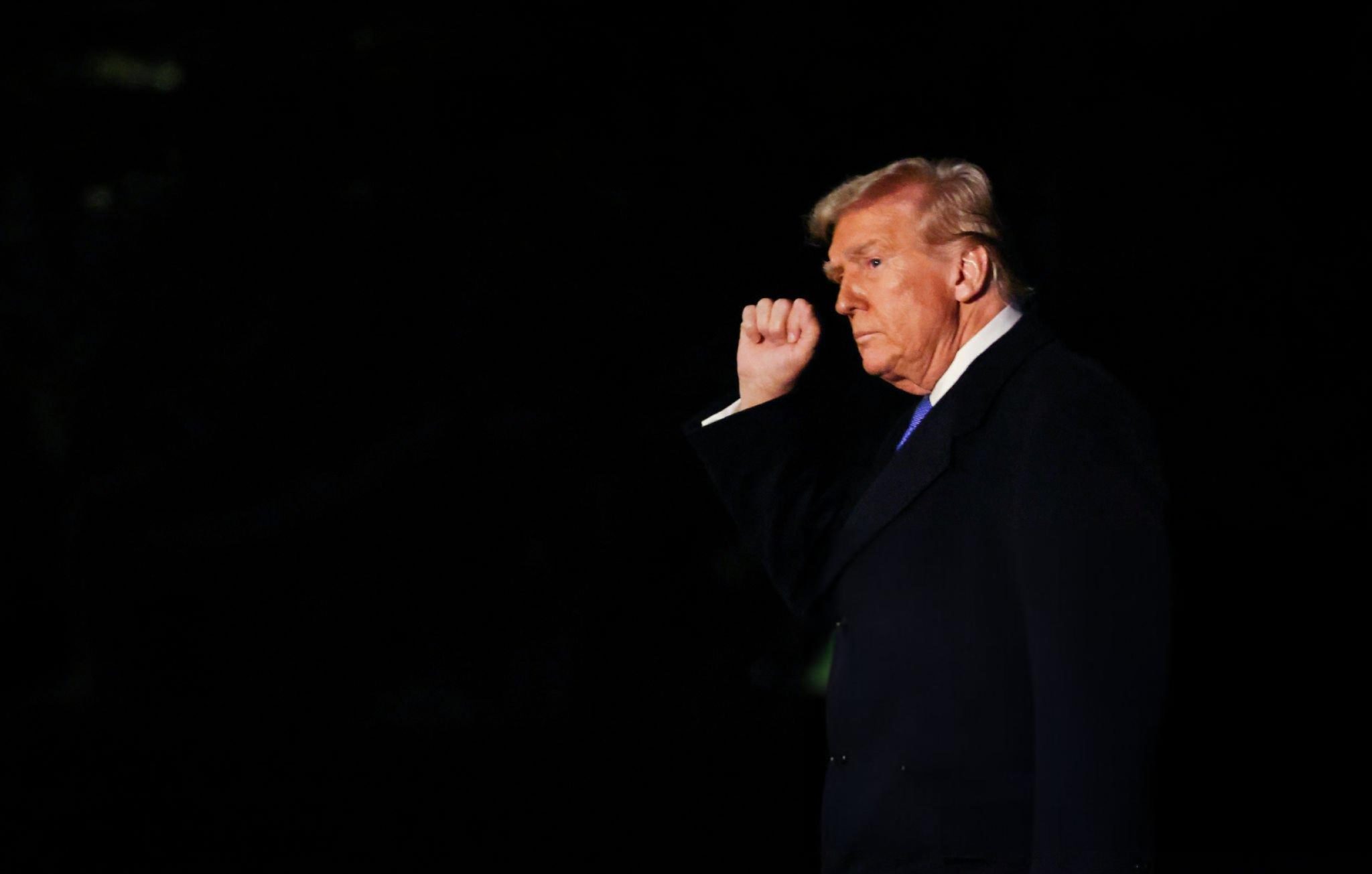WASHINGTON, D.C. – After decades of close partnership with the federal government, American universities are now facing unprecedented uncertainty over their funding, as President Donald Trump’s administration tightens control over financial aid, linking it directly to policy compliance. Institutions including Columbia University and the University of Pennsylvania have already been affected, while research grants across the country are also seeing sharp reductions.
The funding squeeze has raised serious concerns about the future of academic freedom and the role of universities in national research, with administrators warning of a looming crisis for both higher education and the country’s scientific and medical capabilities.
Billions in funding at stake
An Associated Press (AP) analysis of nearly 100 colleges under federal investigation found that these institutions received over $33 billion in federal revenue in the 2022-2023 academic year. This figure excludes student financial aid, which adds billions more to university budgets.
According to the AP report, federal contracts and research grants typically account for 10-13% of university revenue, but for elite research institutions, this figure can be as high as 50%. Some of the most vulnerable institutions include:
- Johns Hopkins University, which received $4 billion in federal funding (nearly 40% of its revenue), much of it for defence and medical research.
- Columbia University, where federal funding makes up nearly 20% of total revenue, amounting to $1.2 billion in the 2022-2023 academic year.
- The University of Pennsylvania, where $175 million in federal aid has been suspended over a dispute related to transgender athletes.
Federal funding plays a critical role in supporting research across multiple disciplines, including missile design, neuroscience, immunology, and climate science. As financial support diminishes, universities are being forced to cut research programmes, lay off staff, and reconsider the admission of graduate students who rely on federal grants.
Trump’s crackdown on universities
Trump’s administration has been aggressively enforcing compliance with its policies, using funding as a tool to exert pressure on academic institutions. Investigations have focused on two key areas:
- Crackdowns on Diversity, Equity, and Inclusion (DEI) programmes, which the administration claims violate federal anti-discrimination laws.
- Allegations of insufficient action against antisemitism, particularly in response to pro-Palestinian protests on university campuses.
One of the most high-profile cases involves Columbia University, which lost $400 million in federal aid over accusations that it failed to control antisemitic protests. In an effort to regain funding, the university complied with federal demands to alter its policies, a move that sparked outrage among faculty and free speech advocates.
“You see what we’re doing with the colleges, and they’re all bending and saying, ‘Sir, thank you very much, we appreciate it,’” Trump said at a Women’s History Month event at the White House on Wednesday.
Johns Hopkins and the future of research
Among the institutions most severely impacted is Johns Hopkins University, which is now under federal investigation for alleged antisemitism. The university has already begun to feel the effects of research grant reductions, particularly from the National Institutes of Health (NIH) and other federal agencies.
Earlier this month, Johns Hopkins announced 2,200 job cuts, citing a decline in federal research funding. The university released a statement warning of the far-reaching consequences for both research and healthcare:
“We face challenging times for the patients and families that rely on us for cures and treatments, and for the researchers dedicated to the pursuit of improving the health of all Americans.”
Key projects affected by funding cuts include:
- Missile and submarine technology research
- Precision tracking systems in outer space
- Immunology and transplant studies
- Neuroscience and mental health research
Legal concerns over Trump’s strategy
While federal law allows the Department of Education to terminate funding for colleges that violate civil rights laws, the process requires due process protections, including:
- A formal finding of noncompliance
- A hearing and review process
- A 30-day waiting period before pulling aid
However, legal experts warn that Trump’s administration is bypassing these steps, swiftly moving from accusations to penalties with little transparency.
“It looks like much of the playbook is intimidation, more so than actual substantiated legal findings,” said Michael Pillera, director of educational equity issues at the Lawyers’ Committee for Civil Rights Under Law.
He added: “I think all of this is designed as an attempt to intimidate all universities, not just the institutions under investigation.”
Impact on students and the workforce
The uncertainty around funding is disrupting higher education and the career paths of young scientists. Graduate students, who rely on federal grants for tuition and research funding, are now reconsidering their future plans.
Alyssa Johnson, a senior at Purdue University, had planned to pursue a graduate degree in amphibian disease research. However, the lack of financial stability led her to change course.
“I kind of went through a little bit of a career crisis, which was definitely catalysed by what’s going on with the current administration and their attitudes toward science and science communication,” Johnson said.
The cuts could have long-term implications for America’s competitiveness in science, technology, and medicine, particularly at a time when nations like China and the EU are increasing their research investments.
Conclusion
The Trump administration’s approach to higher education funding marks a major shift in the relationship between the federal government and universities. By tying funding to policy compliance, the White House is reshaping university governance, raising concerns about academic freedom and the future of scientific research.
With billions of dollars at stake, universities are now faced with a difficult choice: comply with government mandates or risk financial ruin. Meanwhile, students and researchers—many of whom are at the forefront of groundbreaking discoveries—are being forced to reconsider their futures in an increasingly uncertain academic landscape.







